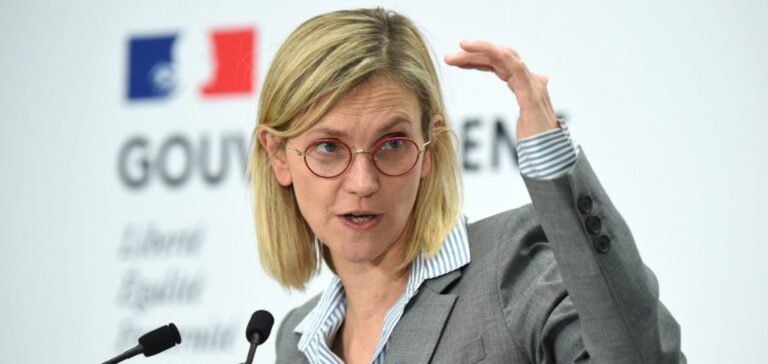The Spanish government has accused the European Commission of “paying the world’s head” with a proposal to cap gas prices deemed unworkable, while Paris has denounced a “political display”.
“We had asked the Commission to develop a proposal and, at the last minute, it presents us with this proposal, which is not one,” said to the press the Spanish Minister of Ecological Transition, Teresa Ribera, calling the mechanism desired by Brussels “a joke.
“What this proposal will generate is the opposite of the desired effect: it will cause a greater increase in prices, jeopardizing all policies to control inflation,” the minister continued, accusing the Commission of “paying the world’s attention.
Following this, the French Ministry of Energy Transition criticized a system that is “insufficient and does not respond to the reality of the market”.
“The Commission must propose an operational text, not simply a text that is a political display and that can potentially have perverse or null effects,” said Agnès Pannier-Runacher.
Brussels proposed on Tuesday a temporary mechanism to cap wholesale prices on the EU gas reference market, but with very drastic conditions in order to rally reluctant Member States to this type of scheme.
This proposal is “clearly insufficient” and “does not go in the right direction”, protested the Spanish Prime Minister Pedro Sanchez.
According to Mrs. Ribera, the text arouses “strong indignation among a majority of Member States”. Madrid will “strongly oppose” this mechanism at Thursday’s meeting of EU energy ministers, she warned, saying that the Commission “will hear very harsh things from the vast majority of ministers”.
Without a “serious” new text, Spain could “simply stop supporting the Commission’s proposals on other issues that are important to it,” she warned.
The scheme unveiled by Brussels consists of a one-year price cap on monthly contracts (for delivery the following month) on the Dutch reference market TTF.
It would automatically kick in as soon as these prices exceed €275/MWh for two consecutive weeks, and provided that they are at least €58 above a “world average reference price” for liquefied natural gas (LNG) for ten days – so that Europe remains sufficiently attractive for LNG ships.
But monthly contracts have only exceeded 275 euros/MWh this year during a very brief period at the end of August, when the EU-27 were competing to fill their reserves. And prices are currently around 120 euros.
A Commission spokeswoman confirmed that under the terms of the mechanism, it would not have been triggered during the August price spike, when the €275 cap was exceeded for only a handful of days, far short of the required two weeks.
However, “we designed” this mechanism “to anticipate and avoid this situation from happening in the future”, she said.
“It’s a safety net that’s very, very low, you have to have a good free fall before you get in it,” scoffs Ms. Pannier-Runacher’s team.
Paris also criticizes the Commission for not targeting over-the-counter transactions (outside of regulated markets), at the risk of leaving a major loophole in the mechanism.






















